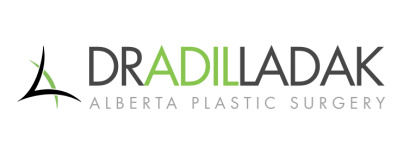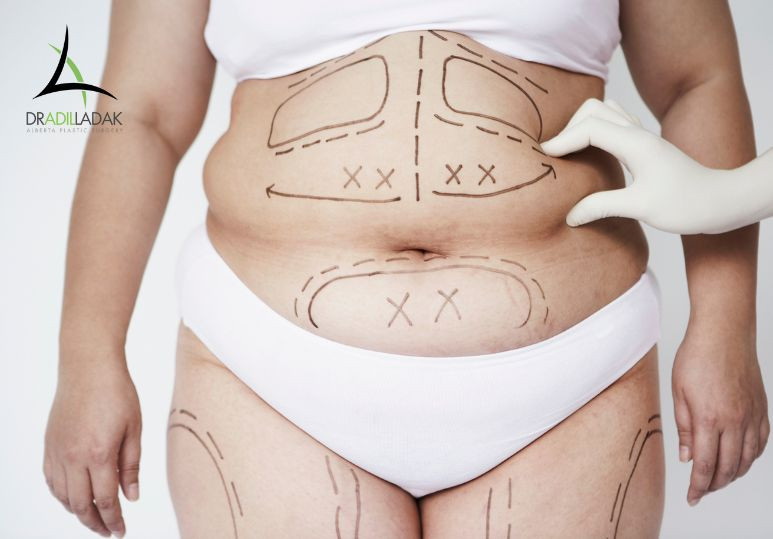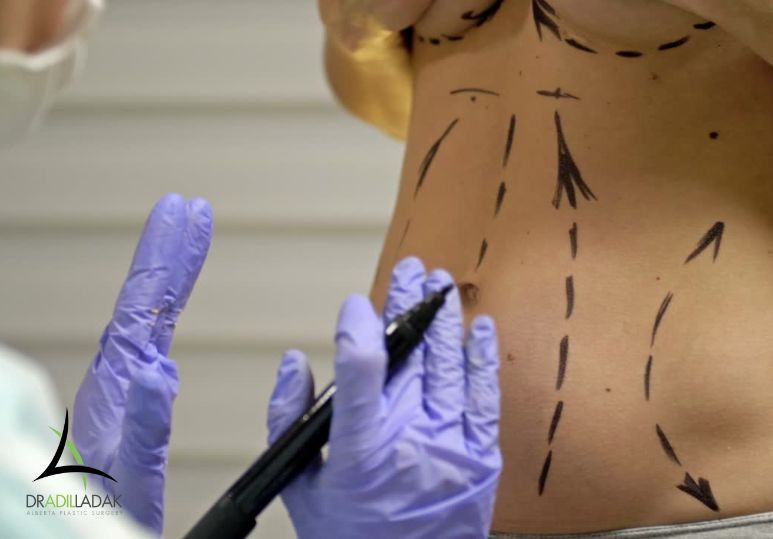Informed decision making is something we encourage when choosing a surgeon. Asking the right questions can help build trust and confidence in the surgical process. It’s important to us that you understand the approach we are choosing for your treatment.
Here are 10 questions you can ask your surgeon to gain more clarity:
- Ask your surgeon for their qualifications and credentials. When discussing the qualifications and credentials of a surgeon, you are seeking essential information that establishes their expertise, training, and commitment to adhering to the highest standards of medical practice
- Ask your surgeon about their experience with the specific procedure you require. When discussing the surgeon's experience in the specific procedure, you are seeking reassurance that the surgeon has a track record of successfully performing the surgery.
- Request information about previous patient’s outcomes. Understanding how previous patients fared after undergoing the same procedure can provide valuable insights into the surgeon's expertise and the level of satisfaction among patients.
- Discuss potential risks and complications. When discussing this topic with your surgeon, you gain insight into the potential challenges that may arise and how the medical team would handle them to ensure your safety and well-being.
- Ask if there are any alternative procedures that may be better suited for you.
- Inquire about the recovery and aftercare process. The recovery and aftercare phase of a surgical procedure is a critical period that requires proper guidance and support to ensure a successful and smooth healing process.
- Gain clarity on the costs involved and if insurance can cover any part of the procedure.
- Ask if your surgeon is available for any pre-surgery consultations to address any concerns you may have. As a patient, you want to ensure that you can easily reach the surgeon for pre-operative consultations and have open lines of communication throughout your surgical journey.
- Discuss how the surgeon tailors the treatment plan to your specific needs and medical history. When you ask the surgeon about the personalized treatment plan, you are seeking assurance that they will not take a one-size-fits-all approach to your procedure. Each patient is unique, and their medical history, overall health, and individual circumstances play a crucial role in determining the most suitable treatment
- Ask about their approach to monitoring patient satisfaction and the availability of follow-up care. Asking this question will give you an understanding of how the surgeon values the well-being and comfort of their patients beyond the actual procedure, ensuring that you receive comprehensive care and support throughout your surgical experience.
Why are these questions important?
Patients who actively participate in discussions with their surgeons report higher satisfaction rates with the outcomes. Transparent communication between the surgeon and the patient leads to increased trust and confidence in the procedure of choice. Being well-informed is the best way for you to reduce the risk of medical errors and increase overall satisfaction with a procedure.
FAQ
Q: What is the difference between a plastic surgeon and a cosmetic surgeon?
A: While both plastic surgeons and cosmetic surgeons perform aesthetic procedures, there is a significant difference in their training and expertise. Plastic surgeons undergo extensive training that includes a comprehensive residency in plastic and reconstructive surgery, enabling them to perform a wide range of procedures, both reconstructive and cosmetic, on various body parts. They are certified by recognized boards such as the American Board of Plastic Surgery (ABPS).
On the other hand, cosmetic surgeons may have diverse medical backgrounds, and their training may not be specific to plastic surgery. Some may have training in other specialties and then transition to performing cosmetic procedures. The term "cosmetic surgeon" is not regulated, so it is crucial for patients to thoroughly research a cosmetic surgeon's credentials and verify their qualifications before undergoing any procedure. To ensure the highest level of expertise and safety, it is advisable to choose a board-certified plastic surgeon for cosmetic surgical procedures.
Q: Are all plastic surgeons board-certified?
A: Not all plastic surgeons are board-certified. Board certification signifies that a surgeon has completed additional rigorous training and passed comprehensive examinations in their specific area of expertise. Look for a plastic surgeon who is certified by the American Board of Plastic Surgery (ABPS) or a similar recognized board. Board-certified plastic surgeons have demonstrated their proficiency in the field and adhere to the highest standards of patient care and safety. Checking a surgeon's board certification is an essential step in ensuring their qualifications and competence to perform your desired procedure.
Q: What is a plastic surgeon?
A: A plastic surgeon is a medical professional who specializes in the field of plastic surgery. They undergo extensive training, including medical school, residency, and often fellowship programs, to gain expertise in both reconstructive and cosmetic surgical procedures. Plastic surgeons are qualified to perform a wide range of surgeries, such as facelifts, breast augmentations, rhinoplasty, and reconstructive surgeries following trauma or medical conditions.






